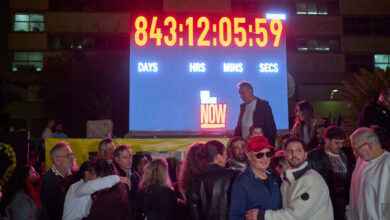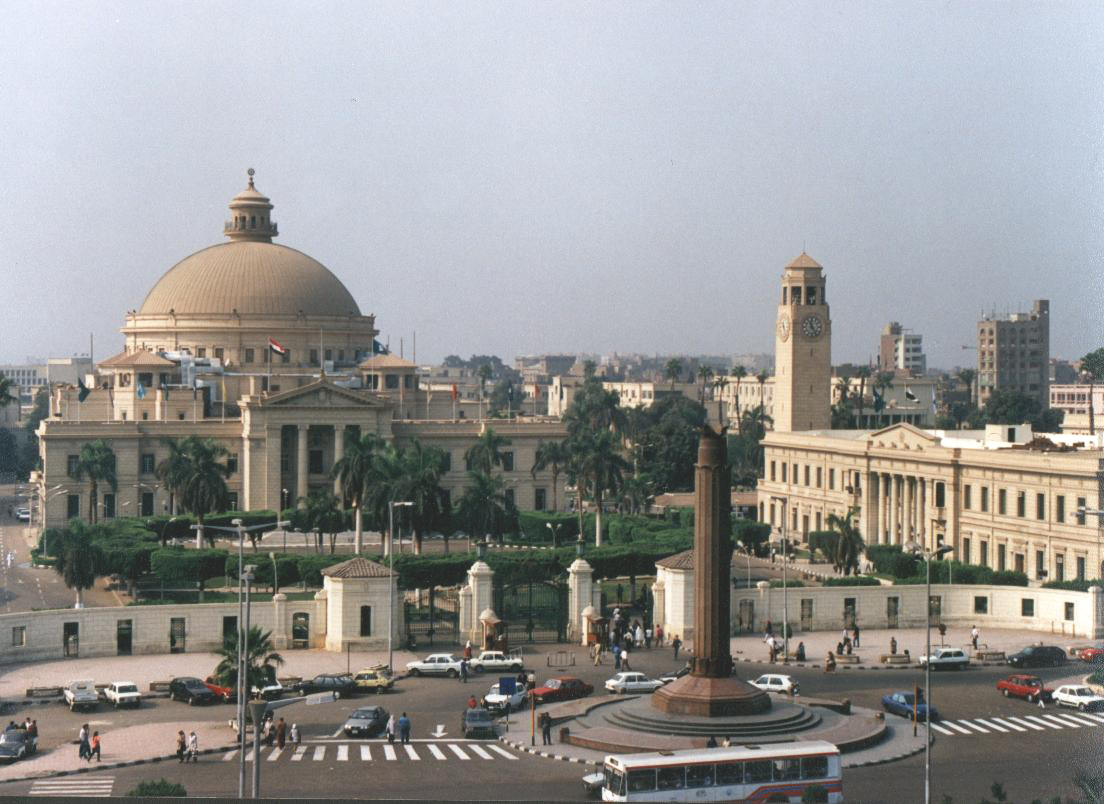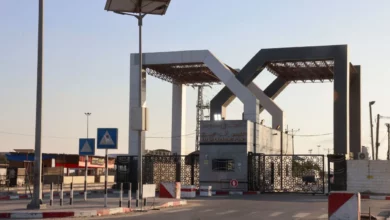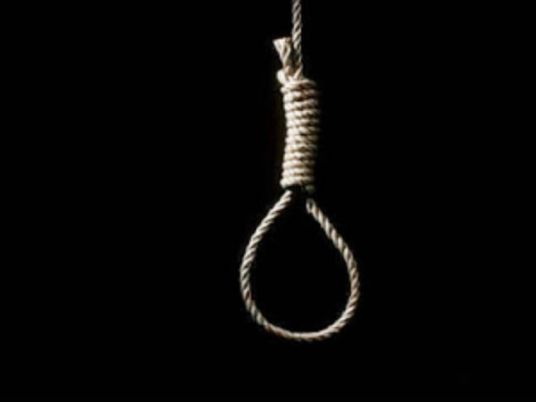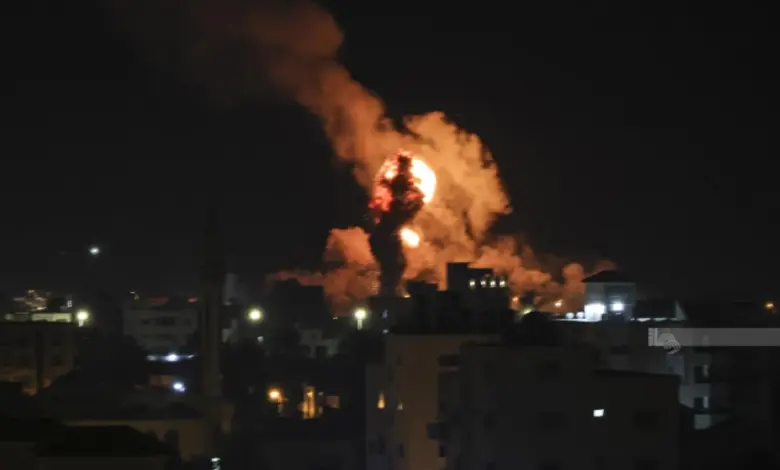
Tensions are escalating within the Gaza Strip six weeks into the ceasefire agreement first implemented on October 10, amidst escalating Israeli violence and attempts to redraw the map of territorial control.
The international community is preparing for the deployment of the International Stabilization Force in implementation of the latest Security Council resolution, while Israel seeks to impose its control on the ground by intensifying its bombardment, incursions, and westward movement of the Yellow Line.
Hamas meanwhile maintains its commitment to the agreement, warning that any unilateral change will undermine the truce.
With political and diplomatic efforts led by mediators in Cairo, the future of the agreement remains uncertain.
A dangerous phase
Gaza is now entering a dangerous phase following in the ceasefire agreement, which was supposed to pave the way for a safe transitional phase.
Developments on the ground indicate that the agreement is facing a difficult test, with the escalation of Israeli violence and the intensification of military operations in areas classified as being under the control of Hamas, west of the yellow line.
Israel is exploiting its control over more than 50 percent of the Gaza Strip, according to the current withdrawal map, and continues its operations of demolishing homes, digging and destroying tunnels, and moving the concrete blocks known as the “yellow line” by distances that, in some cases, reach hundreds of meters.
In the Shuja’iyya neighborhood alone, the line has been moved more than 280 meters westward, resulting in Israeli control over 80 percent of the neighborhood’s area and the displacement of more than 150 families to areas lacking basic necessities, according to field sources.
According to the Israeli newspaper Yediot Aharonot, Israel aims to establish a new reality on the ground before the arrival of international peacekeeping forces.
This is intended to preserve Israel’s freedom of military action within Gaza and avoid restrictions similar to those it faces in southern Lebanon following the deployment of UNIFIL forces.
Escalating violence
Violence has significantly escalated recently.
According to informed field sources, approximately 497 violations of the agreement have been reported since its implementation, including dozens of airstrikes, artillery shelling, and military movements within areas supposedly not under Israeli army control.
These violations have resulted in the deaths of 342 civilians and injuries to 875 others.
The total number of dead since the start of the war in October 2023 has risen to 69,733, with 170,863 wounded, according to Health Ministry.
An Israeli airstrike targeted a civilian vehicle in Rimal neighborhood of Gaza City, killing five Palestinians, including a commander in the Ezz Eddin al-Qassam Brigades.
This was the first such aerial assassination since the end of the war.
Additionally, 24 civilians were killed in Nuseirat and Deir al-Balah when two homes belonging to the Abu-Shawish and Abu-Amouna families were bombed.
Four others were killed in the bombing of the Khodari family home in Gaza City.
In the southern Gaza Strip, the Israeli army launched a series of airstrikes on eastern Khan Younis, accompanied by artillery shelling and drone activity, as well as the demolition of homes in the Shuja’iyya neighborhood and eastern Gaza City.
Palestinian Civil Defense also reported gunfire from Israeli vehicles east of the Bureij refugee camp, targeting farmers and civilians.
Egypt receives Palestinian delegation
Cairo began receiving a delegation from Hamas and other Palestinian factions arriving from Qatar and Turkey to discuss the second phase of the ceasefire.
The discussions will focus on security arrangements west of the Yellow Line, Israel’s commitments, the readiness to deploy the international peacekeeping force, and the issue of the bodies of three Israeli hostages held by Hamas.
Hamas stated that it is fully committed to the ceasefire and has not carried out any offensive operations since the agreement began.
The movement added that the Israeli army is using provocative allegations to justify its violations and bombing operations.
According to Arab media reports, regional and international mediators expressed concern that repeated Israeli incursions and the redrawing of the Yellow Line could lead to the collapse of the agreement or disrupt the next phase.
The UN warned that any change to the maps of control by force would be a flagrant violation of international law and endanger the personnel of the international stabilization force if deployed.
Edited translation from Al-Masry Al-Youm

